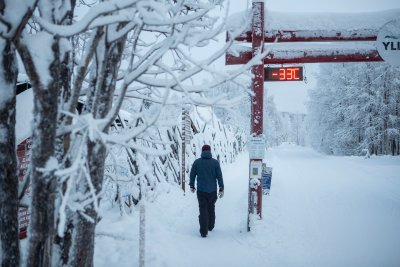ИЗВЕСТИЯ
Моите новини
БНБ няма да възстановява стойността на надраскани и...
Чете се за: 04:52 мин.

Нова блокада: Гръцките фермери спряха движението през...
Чете се за: 00:50 мин.

Най-студеното утро от началото на зимата отчитат от НИМХ...
Чете се за: 00:57 мин.

Президентът Румен Радев обяви кога връчва втория мандат
Чете се за: 00:37 мин.






 Чуй новините
Чуй новините Подкаст
Подкаст























